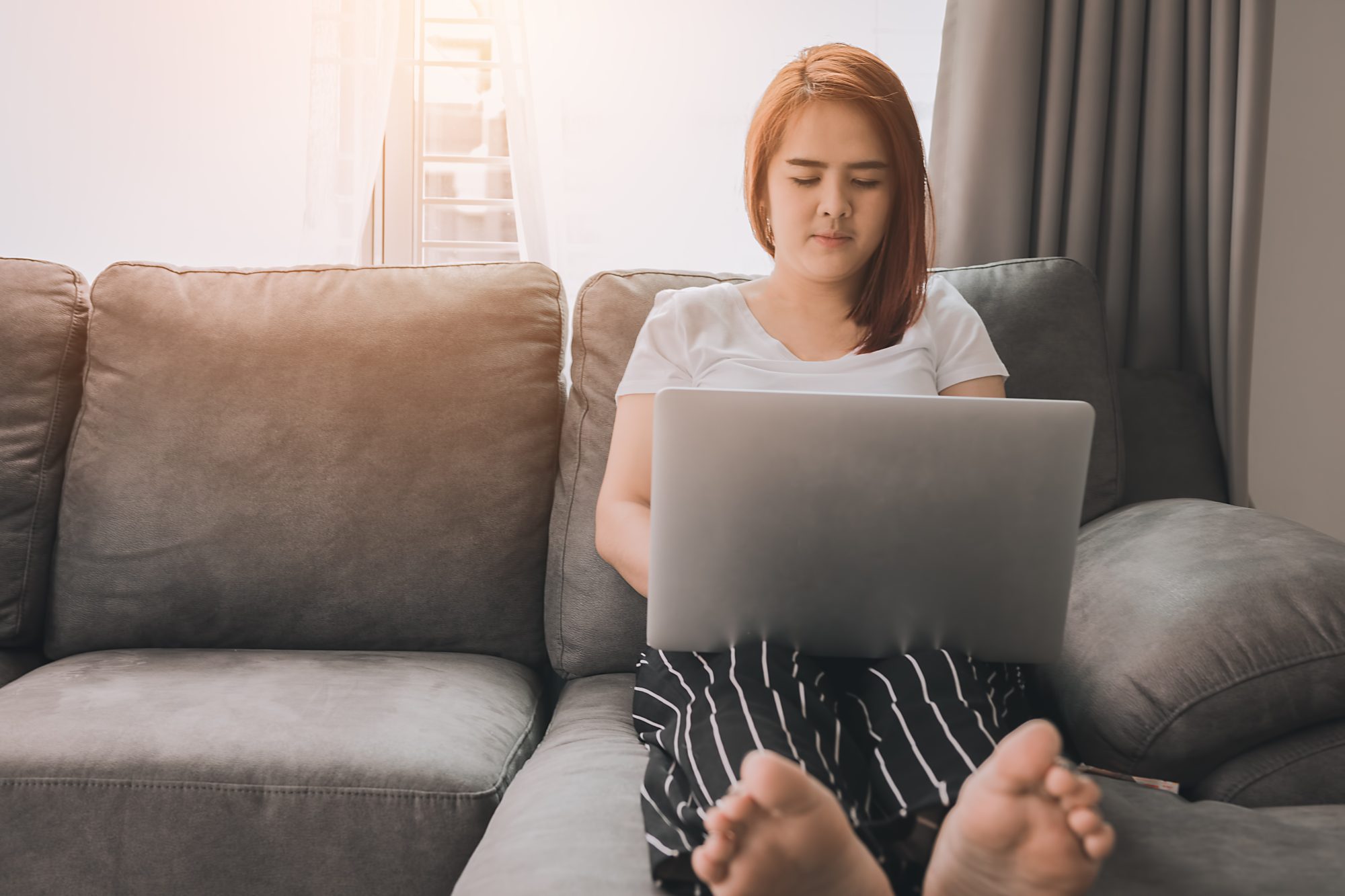Let’s be real life feels heavier these days. Between work deadlines, family responsibilities, and everything going on in the world, it’s no wonder so many of us feel overwhelmed. Stress and anxiety sneak in quietly, then suddenly they’re running the show. But here’s the good news: you don’t have to tackle it all on your own. With stress and anxiety therapy online, help is just a click away.
Why Online Therapy Is Becoming So Popular
Not too long ago, if you wanted to talk to a therapist, you had to sit in a waiting room, shuffle your schedule, and maybe even fight traffic. Now? You can have a session with a licensed therapist online from your couch, your car during lunch break, or even while wearing pajamas.
The rise of virtual therapy and teletherapy has made getting support easier than ever. People love it because it’s:
-
Convenient: Therapy at home, no commuting.
-
Private: No one has to know you’re heading to a therapist’s office.
-
Flexible: Evening or weekend sessions are often available.
-
Comfortable: Being in your own space can make it easier to open up.
How Stress and Anxiety Affect Daily Life
Here’s the thing about stress and anxiety: they don’t just show up during “big” moments. They creep into everyday life too.
-
Trouble sleeping because your mind won’t shut off.
-
Feeling drained before the day even starts.
-
Snapping at people over little things.
-
Racing thoughts that won’t stop no matter what.
Sound familiar? That’s where stress management and anxiety support online can make a huge difference.
What Is Stress and Anxiety Therapy Online?
At its core, it’s the same as in-person counseling. You talk to a professional, share what’s going on, and work together on strategies to cope better. The only difference? It all happens virtually—through video calls, chat, or even phone sessions.
Think of it as digital mental health support. The tools and techniques are the same: cognitive behavioral therapy (CBT), mindfulness practices, coping exercises, and more. The delivery just fits better with modern life.
The Benefits of Therapy at Home
Let’s break down why so many people are turning to remote counseling:
1. Accessibility
You don’t have to live near a big city or drive an hour to find a therapist. As long as you’ve got Wi-Fi, you’ve got support.
2. Comfort and Familiarity
Being in your own environment often makes it easier to open up. Talking about tough topics while sitting on your own couch feels less intimidating.
3. Options That Fit You
Whether you prefer video chats, text-based therapy, or phone calls, there’s a platform that fits your style.
4. Consistency
Life happens—kids get sick, work runs late. Online sessions are easier to stick with compared to in-person ones.
Who Can Benefit from Online Therapy?
Pretty much anyone struggling with stress or anxiety can benefit. But it’s especially helpful for:
-
Busy professionals who can’t squeeze in office visits.
-
Parents who don’t have childcare during appointments.
-
Students juggling classes, jobs, and life stress.
-
People with mobility issues who can’t easily travel.
-
Anyone who feels anxious about in-person therapy.
What Kinds of Therapy Work Online?
You’d be surprised at how effective online therapy can be. Common approaches include:
-
Cognitive Behavioral Therapy (CBT): Helps identify negative thought patterns and reframe them.
-
Mindfulness-Based Therapy: Teaches grounding and relaxation exercises.
-
Talk Therapy: Simple but powerful—just being heard makes a difference.
-
Stress management coaching: Practical tools to manage daily overwhelm.
Breaking Down the Stigma
Some people hesitate because they think therapy means they’re “weak” or “broken.” That couldn’t be further from the truth. Seeking help—whether in person or online is about strength. It means you care enough about your well-being to make a change.
And thanks to online counseling, it’s now easier than ever to get started discreetly and comfortably.
Tips for Getting the Most Out of Online Therapy
Want to make the most of your sessions? Here are a few quick tips:
-
Find a quiet space. Minimize distractions so you can focus.
-
Be honest. The more open you are, the more helpful your therapist can be.
-
Take notes. Write down strategies or tools your therapist shares.
-
Practice between sessions. Therapy is about building habits over time.
What About Cost?
Here’s some good news: stress and anxiety therapy online is often more affordable than in-person sessions. Many platforms also offer subscriptions, sliding scale pricing, or insurance coverage.
When to Reach Out for Help
If you’re constantly feeling on edge, struggling to cope, or if stress and anxiety are getting in the way of daily life, it’s time to reach out. Therapy doesn’t have to be a “last resort”—it can be a proactive step to feel better and live lighter.
Final Thoughts
Life is too short to feel trapped by stress and anxiety. With online therapy, you don’t have to go it alone. Whether it’s a few sessions to learn coping tools or ongoing support to manage deeper anxiety, there’s help available—right at your fingertips.
So if you’ve been putting off therapy because you’re “too busy” or unsure about where to start, consider trying stress and anxiety therapy online. It might just be the easiest and most effective step you’ll take toward feeling like yourself again.

